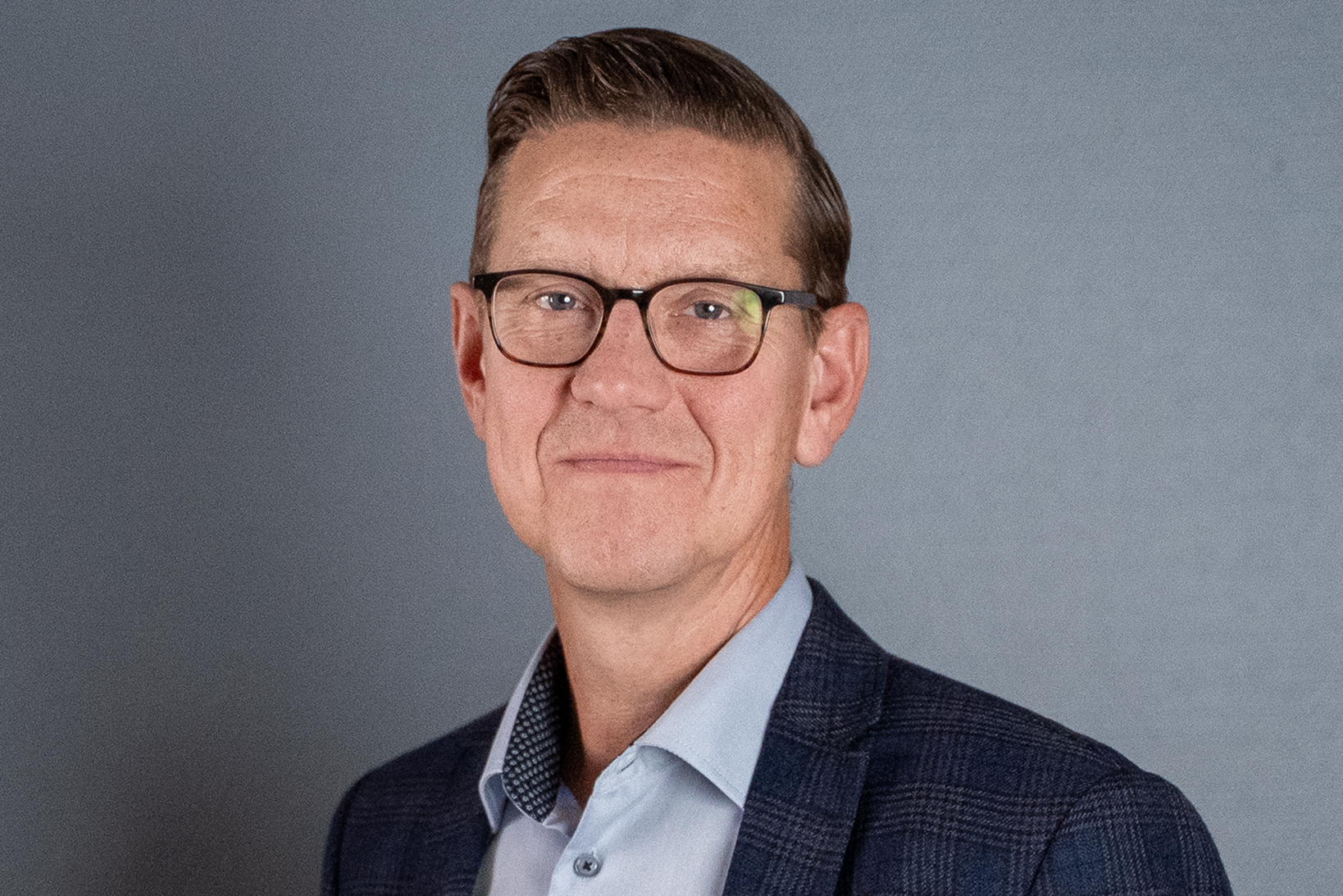
“A little up in time” — ensuring enough staff in the elderly area in Odense Municipality
The narrative is part of the Find & Enlarge movement. Success stories of courage and willingness to innovate in the public sector.
The story in headlines
In Odense Municipality, they have succeeded in getting many employees to move up on time. This has led to a significant increase in the number of annual jobs and the total number of full-time employees has increased. The result is more time and better conditions for both the elderly and the employees. Read in this story how the challenge of lack of staff in the elderly area, many part-time employees and recruitment challenges led to a project with the ambition to make people “step up in time” respecting the needs and wishes of each employee.
The challenge
The project “A little up in time” is one of the answers to how we ensure enough staff in the elderly area in the future. Figures from KL show that we will be missing 16,000 SOSU employees nationwide in just eight years. Odense Municipality's own figures from 2020 show that Odense will need about 550 new SOSU employees in 2030 — and it is already difficult to recruit new employees.
The ambition
With the project 'A little up in time', the goal is to motivate more employees in the elderly area to move up a little in time. Many elderly care workers are employed part-time. With the project, they wanted to create more time and better conditions for both the elderly and employees. The project is funded so that employees who want to move up a bit in time have more time for their tasks. So they don't get any more tasks when they go up a bit in time. This means more time for the same tasks. The money is earmarked to create more time for professionalism, community, presence and quality.
The solution
With Budget 2022, DKK 93 million was allocated both to hire new employees and to allow the skilled employees to step up a bit in time if they wanted to. Following Budget 2022, all managers in nursing homes and in the out-going groups were given the task of talking to employees about the possibility of moving up a little in time.
Various materials were developed for the project and workshops were held for the managers to support them in how it can get started, both with the conversation with the employees, and how each workplace in its planning can get the best out of the extra hours. So the extra hours benefit both the elderly, the workplace and the individual.
Measurable results and side effects
From November 2021 to October 2022, it has happened 531 times that an employee has gone slightly up in time. This represents an increase of 62.5 per annum. Over the same period, the number of new employees hired full-time has increased by about 8% points (specifically for social and health workers, the figure is about 10% points). Overall, the number of full-time employees has increased by 5 per cent points.
In addition to the fact that the project has allowed more time in elderly care, the people responsible for the project also hear employees say that the extra hours make a big difference to their well-being. Even employees who work a few hours on time. Employees tell of an experience that they can achieve their work better, that they have a better overview, that they have more time for relational relations with citizens, and that they are better able to put off work when they have time off. Employees experience being able to do their jobs better.
For the elderly, the project means that there are more familiar faces at work, and that there is a little more time for a good chat, a walk or the like.
Managers also report that they find that stress levels decrease and job satisfaction increases when more employees move up a little on time. Managers have increased attention to hiring new employees at a higher hourly rate. With well-known employees stepping up in time, quality is experienced.
The spreading potential
There is great potential for systematic work in an effort to make more people move up a little in time. Those responsible from Odense Municipality are convinced that in the long term the project can be part of the solution to the major recruitment challenge, also at national level.
Other messages
It has been crucial that employees experience that by going up in time, they are actually going to run less strongly. Changing working conditions also changes, over time, the narrative of being employed in the SOSU profession and creates space for the narrative of both professionalism and care in one of our most important welfare professions.
Together we tell the stories




Contact our consultant
See other Track & Fan stories




